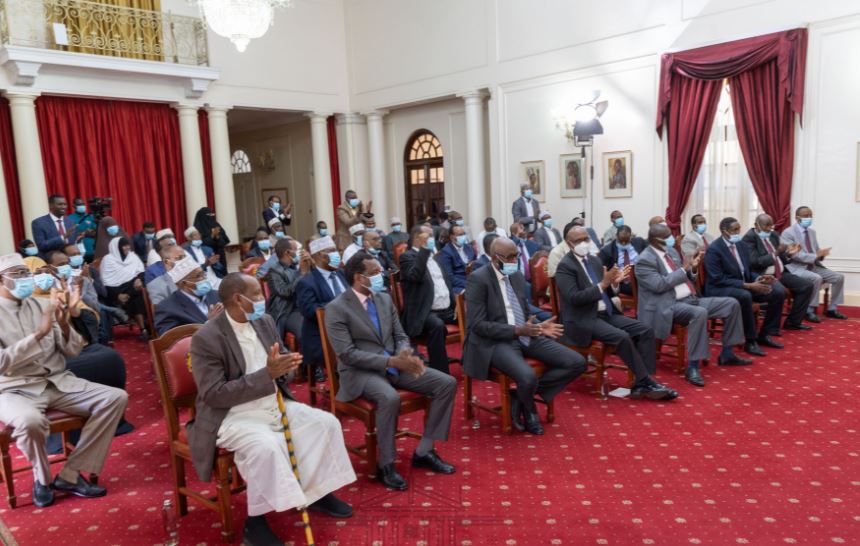
Long delays with vital decisions
The country has experienced over 35,000 confirmed cases and the number of deaths sit at just under 800 at the time this article is published. However, despite the low number of deaths when compared to Europe and the US, the economy has still taken a hit. With the African Continental Free Trade Area (AfCFTA) due to be implemented on July 1st, this has been hit by a delay as a result of the outbreak of the coronavirus, and is arguably a vital part to ensuring the recovery of the region.
The AfCFTA will be the largest free trade area in the world, uniting 1.3 billion people in a $3.4 trillion economic bloc. Given the impact the outbreak has had on intercontinental trade routes, this implementation is a key element to saving the economy. Delaying this act will pause important intra-Africa trade which would be vital in getting nations back up and running.
How do the elections affect trade negotiations?
In a few months’ time, the world will be looking towards the US presidential election. No matter the outcome, South Africa will need to make important decisions and look at what it stands to lose or gain from the new administration. Since 1994, both trade and investment ties between the two countries have evolved against the ever changing landscape of a complicated political and diplomatic setting. From the US disagreements with the Mandela government over its links with Cuba, Libya and the Palestine, to the deadlock over government-sponsored land invasions in Zimbabwe and everything in between, the relationship is a complex one.
Under the African Growth Opportunity Act (Agoa), trade between the two countries has begun to improve however. The act allows African countries to export duty-free to the US market, providing both countries meet certain criteria. But, in light of the recent global shifts, US policy towards South Africa might be less generous and accommodating in the future. Now is the time that South Africa should be looking to take advantage of the remaining years of Agoa, to diversify its exports market and give its economy a refresh.
Plus, with the South African rand strengthening against the US dollar month on month, and currently at its best level since before the Covid-19 lockdown began in March, is it time the country broadened its horizons and looked beyond its relationship with America? The dollar has understandably come under pressure because of the global pandemic, and faces a long uphill battle to recover to where it once was.
Looking to the future
South Africa needs to look towards the future and what it can do to protect its economy and trade relationships. It can no longer rely on Agoa, which is due to come to an end in 2025, and must look for more partnerships. The US can abruptly suspend or withdraw its benefits to participating nations with ease, and to keep America at the centre of its trade could be detrimental to South Africa’s export market and subsequently its economy.






